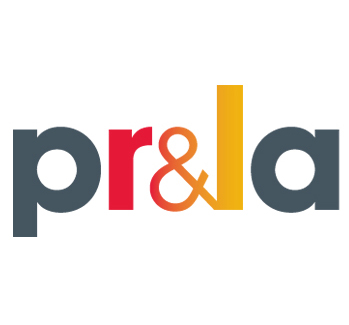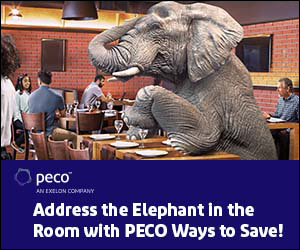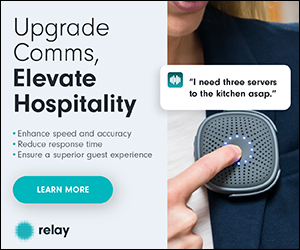Ecolab helps businesses around the world operate efficiently, optimize water use, keep food safe, and protect public health. Its team uses science, technology and data-driven insights to drive sustainability and improve business performance.
As a global leader in infection prevention solutions and expertise, Ecolab has been on the forefront of providing sanitation best practices and protocols for the hospitality industry. Since early January, Ecolab has been working with customers around the world to help reduce the risks associated with this pandemic, with a particular focus on the lodging industry.
As the global economy begins to reopen, social distancing, and sanitation need to become a visible priority for business—cleaning is no longer a behind the scenes operation. Hotels, restaurants, office buildings, cruises, and other physical locations will need to build trust in how they approach their restart, and that starts with the basics of what a sanitary environment looks like.
While there will certainly be changes to housekeeping as a result of the pandemic, it is important to note that most hotels already had stringent cleaning and sanitizing procedures in place prior to the pandemic. We anticipate seeing two primary shifts from a lodging industry when it comes to the future of housekeeping:
- First, there will be a focus on re-training staff to ensure that they are following updated procedures for cleaning and disinfecting guest rooms. These trainings will ensure that all areas of a guest room—even those that are rarely touched—are properly disinfected using EPA approved disinfectants. For example, while standard hotel protocols focus on bathroom facilities and high touch areas, new protocol will require housekeepers to disinfect all hard surfaces. There will also be an emphasis on ensuring that disinfecting products are used correctly. Training should specify how products should be applied to surfaces and how long products must remain on a surface to properly disinfect.
- Second, much of what was once done ‘behind the scenes’ when it comes to cleaning of guest rooms and common areas throughout a hotel will now become more visible and transparent. We anticipate our lodging customers will also communications proactively to guests on how rooms are disinfected, and more cleanings will take place throughout the day versus during off-peak times.
Last month, the EPA expanded their list of EPA-registered disinfectant products that have qualified for use against SARS-CoV-2, the novel coronavirus that causes COVID-19. The EPA’s full list, List N, can be found here. This means that products that are effective against COVID-19 are readily available.
Guests will be paying much more attention to cleanliness and hygiene, and likely be looking for obvious signs of cleaning. Cleaning will no longer be a behind the scenes operation, and it will need to take place more frequently. Both within guest rooms and throughout the facility, cleaning procedures will take place throughout the day to increase their frequency and visibility rather than primarily during off-peak hours.
Rather than focusing on high-touch surfaces, all hard surfaces will be disinfected on a regular basis, and increased attention will be brought to each cleaning process.
Prior to the pandemic, our guidance to housekeepers already included extensive cleaning and sanitizing procedures for hotel rooms. Post-pandemic, we are recommending that hotel operators reinforce the basics that should already be in practice while also adding additional measures in place such as making cleaning more visible and frequent as well as ensuring that all disinfecting products are approved by the EPA for use against the virus and are used properly.
Ultimately, each hotel operator has its own cleaning regimen and routine in place for housekeepers to follow and should provide employees the resources they need to be successful.
Each hotel operator will also need to follow guidance from local public health authorities; however, management should follow basic protocol to protect all employees, including:
- Provide proper PPE and training on how to use equipment for all staff.
- Create safety guidance for Housekeeping staff on when and how to safely clean guest rooms, public spaces, and employee spaces.
- Communicate sick time policy to staff and encourage staff to stay home if feeling sick.
- Encourage social distancing across all roles in the hotel. This may mean having one housekeeper at a time cleaning a room where previous guidance might have recommended two or more at a time. •
Through its team of 50,000 associates, Ecolab delivers comprehensive solutions to customers in the food, healthcare, energy, hospitality and industrial markets in more than 170 countries around the world. For more information, visit ecolab.com/coronavirus.











